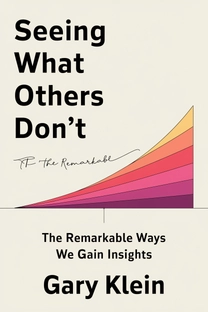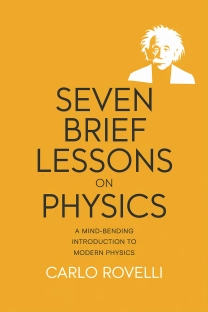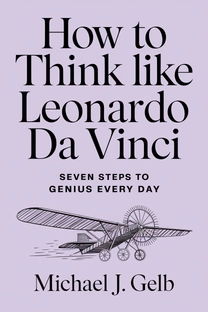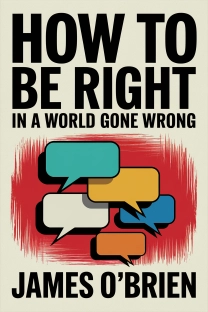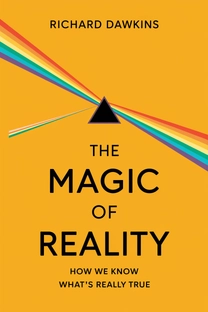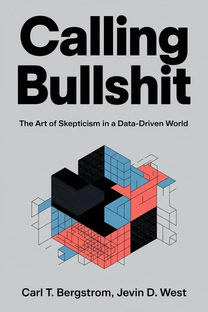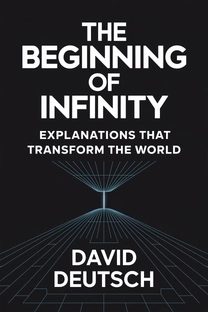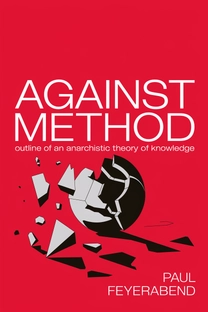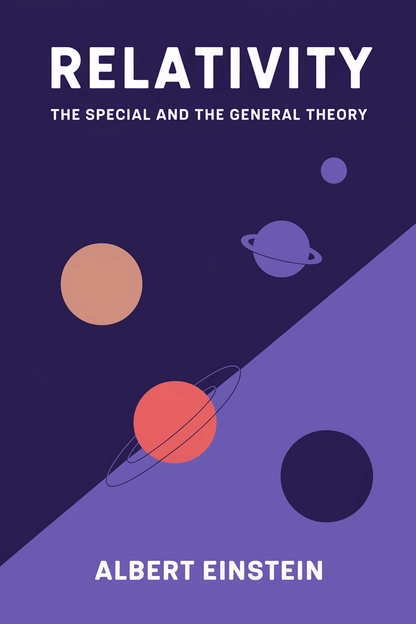
Relativity
The Special and the General Theory
by Albert Einstein
Brief overview
This book introduces Einstein’s groundbreaking ideas on space, time, and gravity. It distills the challenging mathematical concepts into vivid explanations about how the universe behaves. By walking through thought experiments, historical context, and examples, readers gain a deeper understanding of both special and general relativity — and why they matter to our everyday view of reality.
Introduction
Welcome on a journey through one of the most transformative scientific works of all time. Einstein’s 'Relativity' reshapes our usual notions of space and time. By questioning long-held assumptions about motion and gravity, Einstein invites us to re-imagine the entire universe.
This introduction serves as a roadmap. We’ll start with the core puzzle of light’s speed, then dive into special relativity and eventually explore curving spacetime in the general theory. Expect to encounter everyday analogies, lively thought experiments, and a fresh view of the cosmos.
Stay curious, because these pages challenge the ordinary. Whether you’re re-reading familiar ideas or exploring them for the first time, each section is designed to make complex concepts accessible. In the end, you’ll see why reality is stranger, yet more elegant, than the old textbook picture.
Foundations of Special Relativity
Einstein started with a striking result: the speed of light remains the same for all observers, no matter how they move. This defied common sense built on everyday speeds. Yet, experiments by Michelson and Morley supported it, showing light’s speed never varied with Earth’s motion.
From this principle, Einstein realized that time couldn’t be absolute. If light’s speed is unwavering, then observers in different frames must disagree about how fast clocks tick. This leads to time dilation: two clocks can tick at different rates if they move relative to each other.
Along with the relativity of simultaneity, these results shattered the classical idea that once existed since Newton. The theory told us that describing reality depends on our frame of reference. What we measure – even time – is shaped by how we move.
What is Relativity about?
"Relativity: The Special and the General Theory" by Albert Einstein offers a thorough exploration of the theories that revolutionized the understanding of physics and the cosmos. With intricate yet accessible explanations, the book unravels the complexities of space, time, and gravity without overwhelming the reader with dense mathematics. Einstein's profound insights challenge our innate perceptions and reshape our conception of reality. By weaving together scientific principles with vivid illustrations, the book illuminates how relativity impacts everything from light to time, and the very fabric of the universe.
At its core, "Relativity" serves to bridge complex scientific concepts with everyday experiences. The eloquent prose takes readers on a journey through Einstein's process of discovery, explaining the behavior of light and the idea of spacetime with a clarity seldom achieved in scientific literature. As it delves into both special and general relativity, the book not only enriches scientific knowledge but also inspires curiosity and further inquiry into the workings of the universe. "Relativity" is a testament to the insatiable human desire to comprehend and unravel the mysteries of our existence.
Review of Relativity
"Relativity: The Special and the General Theory" stands as a cornerstone in scientific literature, a work characterized by its clarity and depth. One of its key strengths lies in its ability to translate intricate scientific concepts into comprehensible narratives without the need for advanced mathematics. This approach ensures that the book is accessible to both novices and seasoned readers alike, an aspect that has cemented its place in the canon of science books.
Einstein notably excels in illustrating practical applications of his theories, such as gravity's role in the curvature of spacetime and the impact of the constant speed of light on our perception of time and motion. His use of thought experiments, like the train and the elevator, makes the abstract tangible, offering readers tangible takeaways that reverberate beyond the confines of theoretical physics.
The writing style of the book is both professional and inviting, a reflection of Einstein's own ability to engage readers from diverse backgrounds. "Relativity" is especially relevant for those interested in physics or philosophy, expanding the horizons of what we perceive as reality. By challenging traditional notions, it provokes enduring questions about time, space, and existence itself. Ultimately, for anyone seeking a profound understanding of the universe, this book is not just recommended; it is essential.
Who should read Relativity?
- Physics students and educators who desire a deeper understanding of the fundamental theories that underpin modern science.
- Philosophy enthusiasts interested in exploring the intersection of science, reality, and perceptions of time and space.
- Science communicators and writers seeking a model of how complex ideas can be conveyed with clarity and elegance.
- Curious readers who wonder about the universe, its origins, and the principles governing the cosmos.
- Technology professionals exploring concepts like spacetime and gravity, and their practical implications in technologies such as GPS.
About the author
Book summaries like Relativity
Why readers love Mindleap
10-Minute Book Insights
Get the core ideas from the world's best books in just 10 minutes of reading or listening.
Curated For You
Discover your next favorite book with personalized recommendations based on your interests.
AI Book ExpertNew
Chat with our AI to help find the best book for you and your goals.
Reviews of MindLeap
Love how I can get the key ideas from books in just 15 minutes! Perfect for my busy schedule and helps me decide which books to read in full.
Alex R.
The summaries are incredibly well-written and the audio feature is perfect for my commute. Such a time-saver!
Jessica M.
Great app for personal growth. The insights are clear and actionable, and I love how they capture the essence of each book.
Chris P.
The app is beautifully designed and the summaries are top-notch. Definitely worth every penny!
Sarah K.



